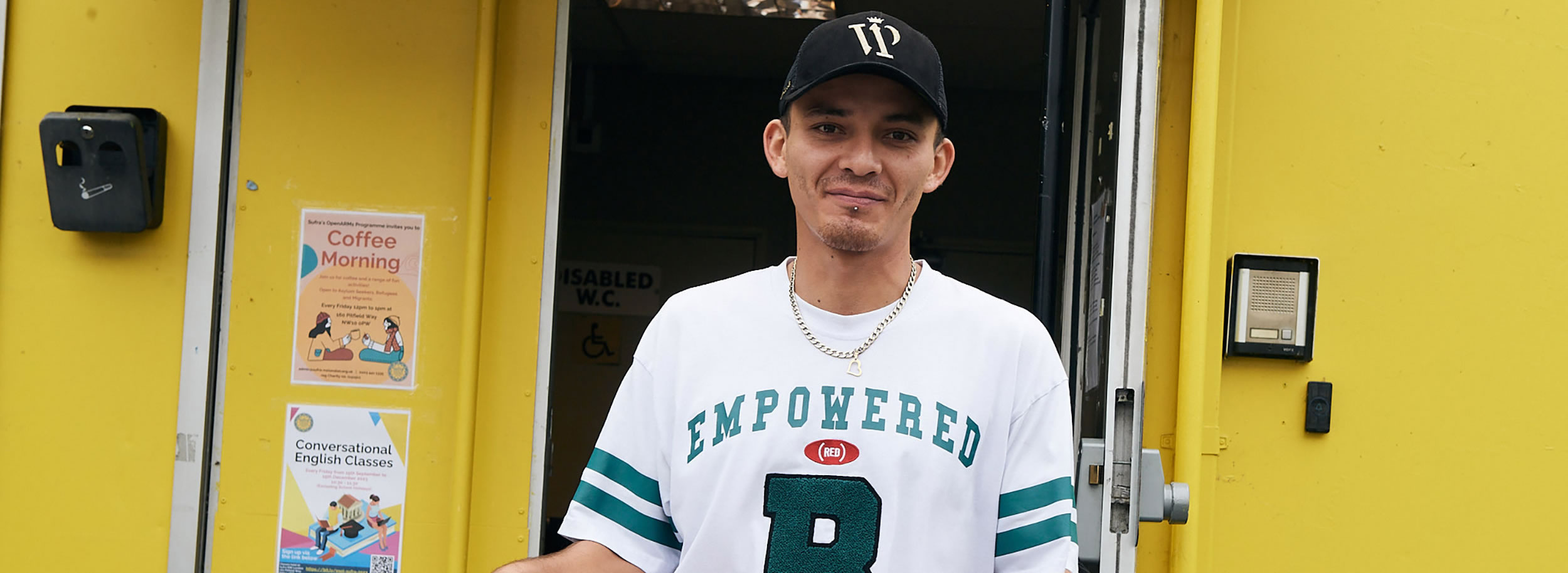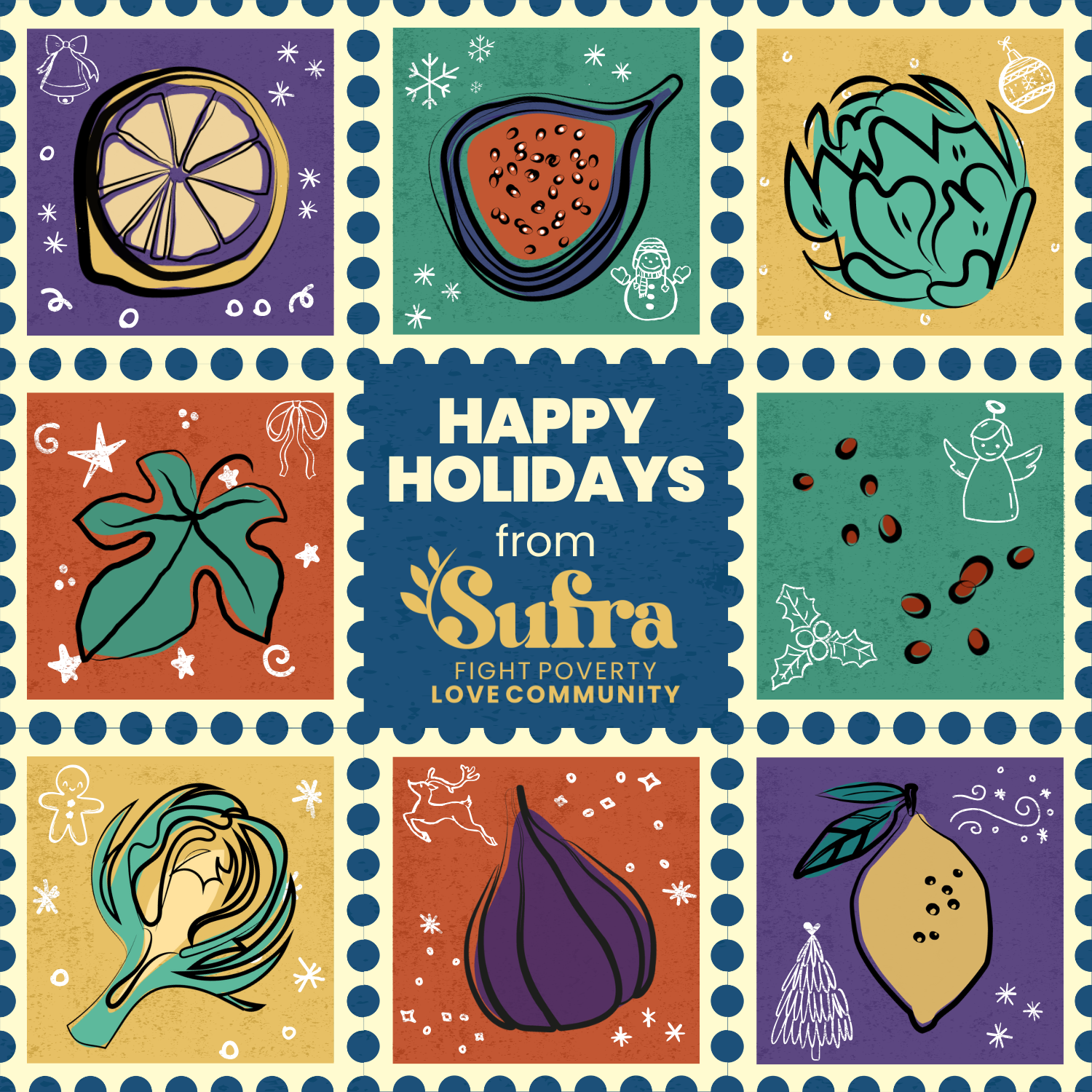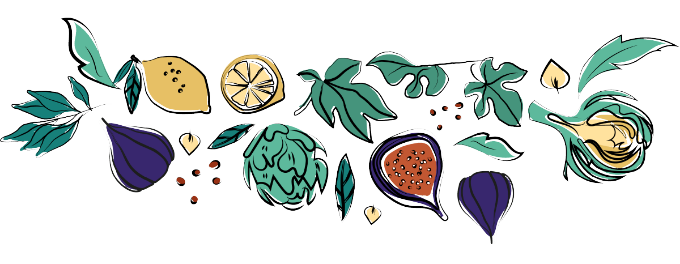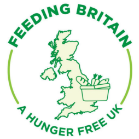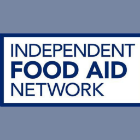A Definition of ‘Sufra’
The word ‘Sufra’ originates from the Persian word meaning “table-setting” or “that on which food is served”. It carries similar connotations in Arabic, Turkish and Urdu. Traditionally, the ‘Sufra’ was made of woven palm leaves, but now denotes any kind of tablecloth that is laid on the floor, whether at home or in community settings, to serve food to invited guests. Unfolding the ‘Sufra’ is a display of hospitality and generosity, where the role of host and guest is often indistinguishable.
The word Sufra embodies the principles of sharing, hospitality and inclusivity, which are at the heart of all our services and activities. At Sufra, beneficiaries or service users are referred to as ‘guests’ – each person is a recipient of our hospitality.
Our Vision
A community united to address the causes and consequences of poverty.
Our Vision Explained:
Community: The full range of Sufra’s stakeholders–from our donors to our staff to our volunteers and guests.
United: We collaborate closely with our stakeholders so that we can better achieve our shared objectives.
Causes: What led our guests to be in their situation. These causes range from an inability of our guests to navigate the benefits system, to government policies that exacerbate poverty and inequality.
Consequences: The impact of our guests being in their situation. Consequences include food insecurity, homelessness, social isolation and a host of mental health difficulties that our guests experience.
Our Mission
Working with partners, we fight poverty and build community by providing access to food, emergency support and impartial advice, alongside opportunities for volunteering and self-development.
Our Values and Principles
1. We take a holistic approach, based on human rights
Food aid is essential – but it is not the solution to food poverty. Access to nutritious food is a human right and it is the responsibility of governments, not charities, to create the conditions needed to uphold these rights. To enable all people to meet their basic needs and live in dignity, the UK government needs to pursue policies that ensure wealth, power and resources are shared more equally between all people.
Our approach is holistic and designed to reduce dependency on food aid. Our services have developed in response to the underlying needs of our guests. We are committed to providing a range of services and programmes that can help address the root causes of financial crisis and reduce the need for food aid.
We recognise that there are different approaches to reducing food poverty. We embrace a culture of critical reflection on the nature and effectiveness of our food bank and other services. We are committed to innovation and experimentation with new approaches to meeting our core objectives.
2. We are embedded in the local community
We are a grassroots charity embedded in the local community, mainly in the London Borough of Brent. As we develop and grow, we are committed to remaining responsive to the changing needs of those we serve, representing their voices and empowering them to influence the decisions that affect them. We seek always to maintain a close relationship between our guests, volunteers, staff and trustees.
We are more effective when we collaborate with others and build a stronger community where we operate. We are committed to working in partnership with all our stakeholders – from our supporters and volunteers to voluntary sector organisations, businesses and other food banks in northwest London. We prioritise tolerance and inclusivity across the diverse communities we operate within and avoid any activity that could polarise these communities or alienate any of our stakeholders.
We serve people of all and no faiths without discrimination. Our roots lay in the Muslim community, which provided the funding and support needed to establish the charity. We continue to work closely with this community as well as a wide range of other faith-based (and secular) organisations. Our staff, trustees and volunteers are from a multitude of backgrounds (both faith and non-faith based), our values are universal and humanitarian, and we serve everyone in need without discrimination.
3. We respect the dignity of our guests and the needs of the planet.
We are committed to upholding and enhancing the dignity of our guests. We aim never to turn people away when they are in need. Our aim is to enable our guests to access a holistic range of services, which includes emergency support, in a way that empowers them to improve their wellbeing and reduce their dependency on food aid.
We value the wellbeing and development of our staff, volunteers and trustees. We aim to provide everyone who works at Sufra with opportunities to grow, learn and develop new skills, whilst supporting their mental health and wellbeing.
We are committed to environmental sustainability. We recognise the importance of caring for our environment. We make use of food that would otherwise go to landfill, grow fruit and vegetables without the use of chemical pesticides/fertilisers, and compost our food waste. We also use solar panels to generate energy in our office buildings and reuse, upcycle and recycle our waste.




